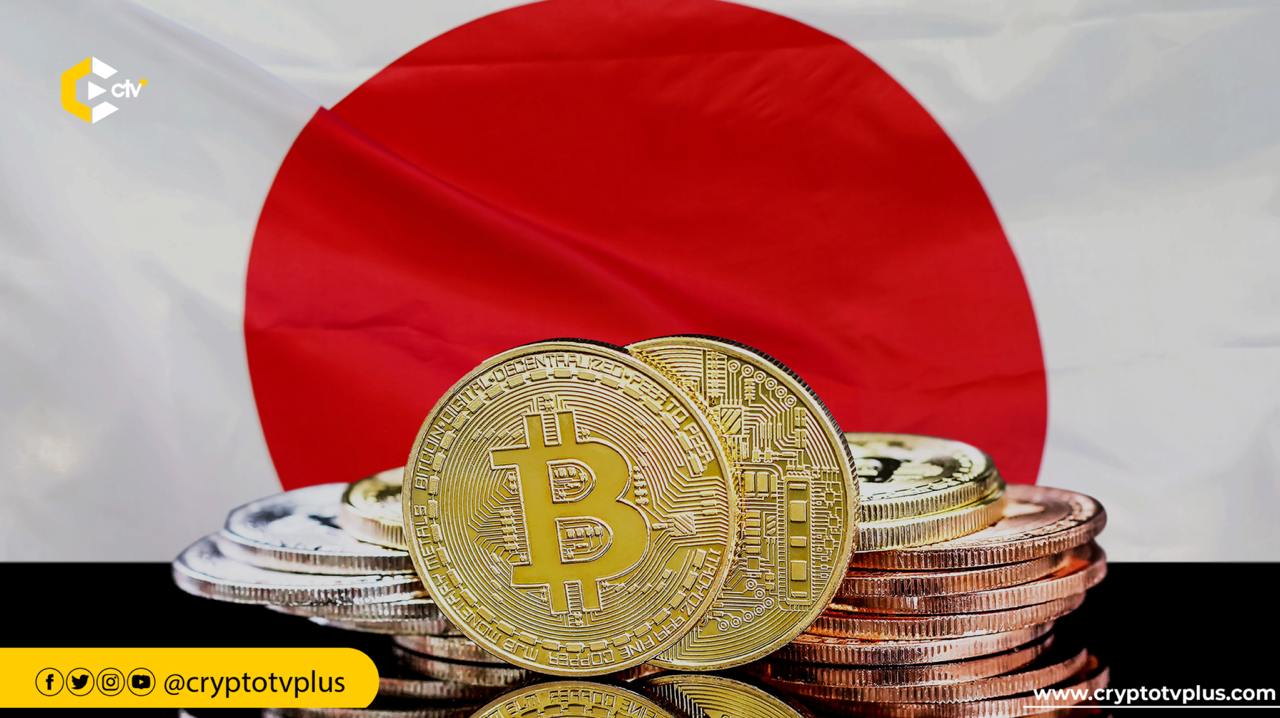News
Japan rejects Bitcoin as National Reserve asset amid global debate

Prime Minister Shigeru Ishiba has recently confirmed Japan’s hesitation to include Bitcoin as part of its national reserves, citing concerns over cryptocurrency volatility and its incompatibility with the country’s financial frameworks.
This stance was detailed in an official statement following inquiries from members of the National Diet, including Senator Satoshi Hamada, who has been a vocal advocate for exploring Bitcoin reserves.
The Japanese government reiterated that its current foreign exchange reserve policies prioritize safety and liquidity, relying on stable assets like bonds and foreign currency deposits.
Cryptocurrencies, including Bitcoin, are excluded under Japanese regulations governing special accounts for foreign exchange transactions, as they do not qualify as foreign exchange instruments.
Japan’s reluctance comes at a time when countries like the United States and Brazil are exploring Bitcoin reserves. Brazil, for instance, has proposed creating a sovereign Bitcoin reserve called RESBit, while U.S. lawmakers, led by figures such as Senator Cynthia Lummis, are debating Bitcoin’s potential to enhance fiscal policy and geopolitical influence.
Despite these global movements, Japan remains cautious. Officials explained that they do not yet have sufficient insight into the strategic rationale of countries adopting Bitcoin reserves and view such initiatives as experimental.
Senator Hamada’s proposal to consider Bitcoin aligns with calls for Japan to stay competitive in the evolving global financial ecosystem. Advocates argue that Bitcoin could act as a hedge against inflation and provide opportunities for Japan to benefit from the ongoing crypto boom.
However, opposition remains strong. Critics within the government highlight the risks associated with Bitcoin’s price volatility, its lack of liquidity compared to traditional reserves, and the potential for systemic risks in times of market distress. Although stablecoins and blockchain infrastructure are gaining traction in Japan.
It appears that for Japan to consider Bitcoin reserves, significant regulatory reform would be required. This would include redefining cryptocurrencies within the foreign exchange framework and addressing risks related to volatility and liquidity.
























